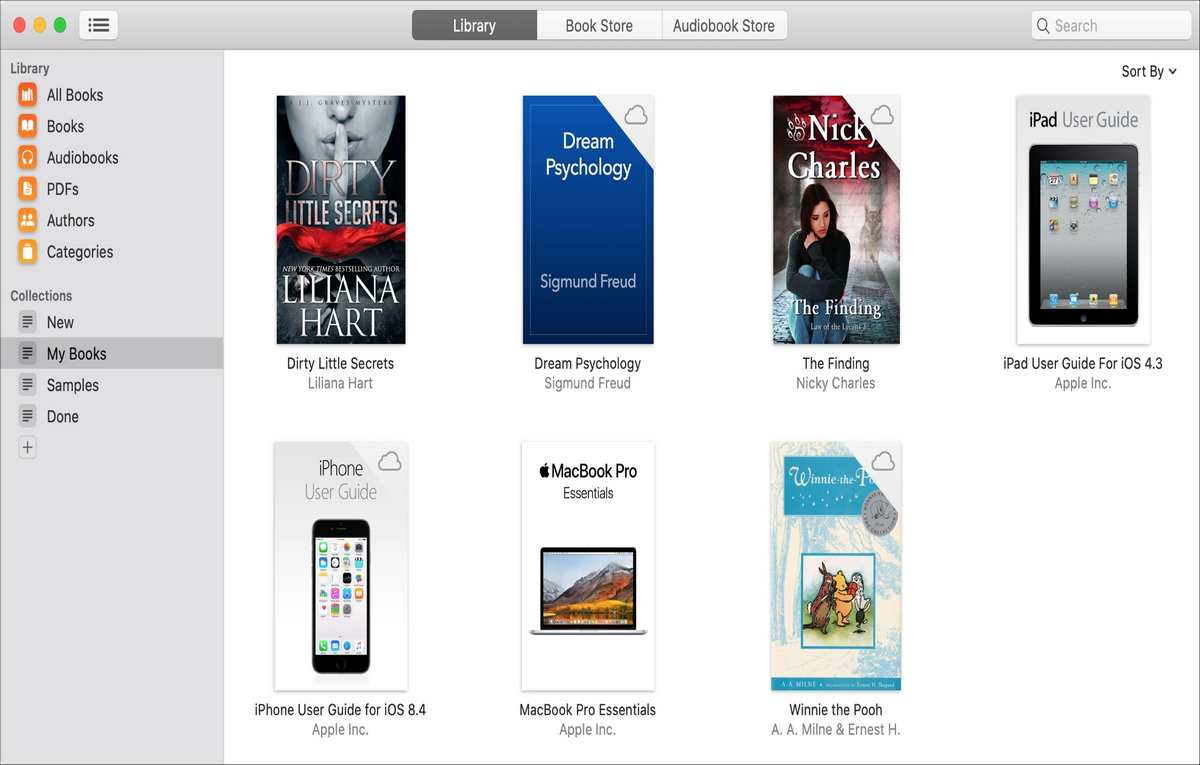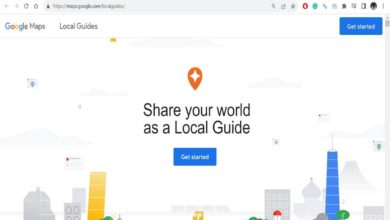12 Best Websites To Sell Your Poems In 2023

In the world of writing, technology has opened up a range of opportunities for poetry authors. In this article, we’ll explore the 12 best websites/platforms to sell your poems. From giants like Amazon Kindle Direct Publishing to lesser-known options like Ko-fi or Itch.io.
In addition, we will discuss the possibility of opting for a traditional publishing house, with its validation and prestige or plunging into the digital world with greater autonomy.
Read on to discover the platforms where you can sell your verses and find the option that best suits your style and needs!
Table of Contents
12 Best Sites To Sell Your Poems 2023
There are several online platforms where you can sell your poems. Some of the best options include:

1. Amazon Kindle Direct Publishing
You can publish your poems in e-book format and sell them on zoomAmazon’s Kindle store.
KDP offers a self-publishing platform with access to a global audience, high royalties, creative control, and promotional tools.
It allows you to publish eBooks and paperbacks, with real-time data and the ability to join Kindle Unlimited, expanding your opportunities as an independent author. However, consider that publishing on KDP faces intense competition, commissions, price restrictions, possible exclusivity, and policy changes, which can lead to dependence on a single platform.
2. Etsy
If you prefer to sell physical copies of your poems, Etsy is a popular platform for selling art and handmade products.
Using Etsy to sell poems and other original literary works has several advantages:
- Niche audience: Etsy attracts an audience interested in art and handmade products, which can include poetry and literature lovers.
- Niche platform: Unlike mass retail websites, Etsy focuses on unique and customized products, ideal for original literary works.
- Customization: You can offer personalized poems tailored to your customers’ needs.
- Artistic community: Etsy has an active community of artistic sellers and buyers who can provide support and feedback.
- Creative control: You have control over the presentation of your artwork, allowing you to showcase your personal style and create a distinctive brand.
- Shipping and payment options: Etsy offers shipping and payment management tools that make the process easy.
- Feedback and reviews: Customers can leave reviews, which helps build your reputation and trust.
- Global exposure: Etsy gives you the opportunity to reach buyers around the world.
While Etsy can be an effective platform for selling literary works, it also has some disadvantages to consider:
- Competition: Etsy is a platform with a large number of sellers, which means considerable competition, especially in popular categories.
- Fees and commissions: Etsy charges listing fees, commissions per sale, and payment processing fees, which can reduce your earnings.
- Policy changes: Etsy updates its policies and fees from time to time, which could affect your costs and selling processes.
- Platform dependency: You are subject to Etsy’s rules and changes, which can limit your control over your online business.
- Self-promotion: Although Etsy offers certain promotional tools, you will still need to promote your work on your own to stand out on the platform.
- Compliance requirements: You must comply with certain Etsy regulations and policies, such as providing accurate information and meeting quality standards.
- Communication with customers: Communication with buyers is done through Etsy’s messaging system, which may limit direct interaction.
- Possible lack of visibility: If your products are not properly optimized or if you compete in a crowded category, your works may not receive the desired visibility.
3. Wattpad
Although known for sharing free stories, Wattpad also allows writers to sell their works through its paid program.
4. Fiverr or Upwork
You can offer custom poem-writing services on these freelancing platforms.
5. Your own website
If you have a following base, consider selling your poems through your own website using e-commerce platforms like Shopify or WooCommerce.
6. Social networking and blogging
Promoting your poems on social networks and personal blogs can attract an audience interested in buying your work.

7. Apple Books
You can sell poems and original works on Apple Books using their self-publishing platform called “Apple Books Connect”. Follow these steps:
- Preparation: Make sure you have your work in a format compatible with Apple Books, such as ePub.
- Create an account: If you do not have an Apple ID account, you must create one. Then go to “iTunes Connect” on the web.
- Add your book: Log in to iTunes Connect and select “Books”. Fill in your book’s information, including title, description, cover, price, and other details.
- Upload your work: Upload your book in ePub format. Apple provides detailed guidelines for file preparation.
- Set price and availability: Define the price of your work and availability in different countries.
- Review: Apple will review your work before publishing it in the store. This may take some time.
- Publication: Once approved, your work will be available in Apple Books for purchase and download.
- Promotion: You can promote your work through social media and other marketing strategies.
Keep in mind that Apple will retain a percentage of your sales as a commission. Be sure to carefully review their terms and conditions for up-to-date information on fees and publishing policies.
8. Google Play Books
Selling poems on Google Play Books is possible if you are a self-published author or if you have the rights to publish those poems. You must follow these steps:
- Preparation: Make sure you have a digital version of your poems in a suitable format, such as ePub or PDF.
- Google Account: You need a Google Account to publish on Google Play Books. If you don’t have one, create one.
- Google Play Books Partner Center: Go to the Google Play Books Partner Center and sign up as a publisher. You will need to provide your bank account and tax information.
- Add your book: Once you are registered, you can add your book, including the poems, cover, description and price.
- Proper format: Make sure your book is in a compatible format.
- Set the price: Decide on the price of your poems and set the selling details.
- Review and approval: Google will review your book before it is available on Google Play Books.
- Publication: Once approved, your book will be available for sale in the store.
Remember that Google Play Books may charge a commission on sales. Be sure to review their policies and terms before you begin.
9. Ko-fi
Although best known for its donation feature, you can sell poems and writings directly to your followers.
10. Gumroad
This platform allows creators to sell their digital works, including poetry and e-books.
11. Itch.io
Although primarily for games, Itch.io is also suitable for the distribution of literary works and poetry.
12. Lulu
This company specializes in self-publishing, allowing you to create and sell your own books online. It is possible to open a free account to access their resources and tools for self-publishing and printing original works. You can sell your art internationally using Shopify, WooCommerce, Amazon or Lulu’s bookstore.
Traditional Publishers vs. Digital Platforms
They bring validation and prestige through a rigorous selection process, which can bring recognition to the author. In addition, they have physical distribution networks that allow the works to reach bookstores and provide professional editing and marketing advice. They also ensure high quality in terms of design and production of physical books, as well as rights protection.
On the other hand, digital platforms provide direct access to the market and greater autonomy for authors. They allow for wider online distribution and often offer self-publishing options. However, they may lack the validation and backing of a traditional publisher, which can affect the recognition of the work. In addition, authors assume greater responsibility in terms of editing, marketing, and rights protection.
The choice between a traditional publisher and digital platforms depends on the author’s goals and preferences. Some will value the prestige and support of a publisher, while others will prefer the independence and global reach of digital platforms. The decision should be based on the author’s personal and literary goals.


